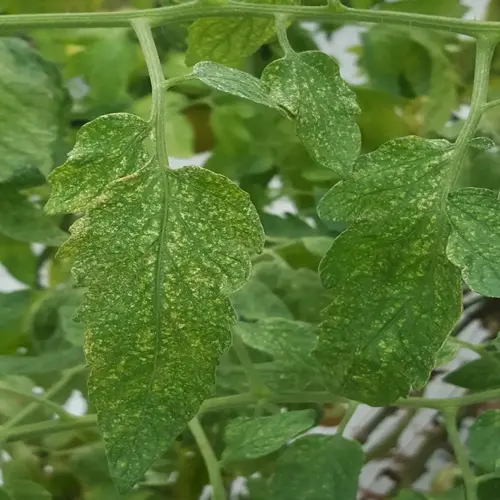What sustainability practices matter most?

Written by
Liu Xiaohui
Reviewed by
Prof. Samuel Fitzgerald, Ph.D.The best sustainability solutions begin with rainwater harvesting in reused barrels under downspouts. I have 55-gallon systems that use approximately 600 gallons of water per year in a moderate local climate, which is a free resource and eliminates about 40% of the municipal water used. It provides chlorine-free water, which is a vital resource for sensitive plants, such as heirloom tomatoes and herbs.
Ensure that you plant natives that are well-suited to the local rainfall patterns. In my Pacific Northwest garden, salal and Oregon grape have flourished without being watered. These plants are naturally pest-resistant, so they do not require any chemical sprays. They cater to the local pollinators, creating a stable ecosystem on your terrace.
Rainwater Collection
- Install first-flush diverters filtering roof contaminants
- Connect multiple barrels achieving 100+ gallon capacity
- Use food-safe containers avoiding chemical leaching
Composting Techniques
- Layer kitchen scraps with dried leaves in 3:1 carbon-nitrogen ratio
- Maintain 140°F (60°C) temperatures killing pathogens
- Turn piles weekly achieving usable compost in 90 days
Native Plant Guilds
- Group companion species sharing pest protection benefits
- Include nitrogen-fixers like lupine improving soil fertility
- Add habitat features like bee hotels supporting pollinators
Utilize closed-loop composting to turn unwanted kitchen waste into nutrient-dense soil amendments. I can process 5 pounds a week in my countertop bin to turn it into black gold. This natural fertilizer nourishes plants while eliminating the need for synthetic fertilizers. Microbial action is provided to improve soil structure, preventing compaction in containers.
Select renewable materials such as bamboo pots or recycled composite decking. These last outdoors for over 10 years, plus absorb carbon dioxide. They do not leach toxins into the environment like plastic because they weather. They require 70% less energy to manufacture than conventional materials, thereby completing the sustainability cycle.
Read the full article: 10 Transformative Terrace Garden Ideas

